Help your students discover how traditional musical instruments used by First Nations Australians produce their characteristic sounds with this teaching presentation.
Traditional Instruments of Australia’s First Nations Peoples
The sounds of traditional Aboriginal instruments not only serve musical purposes but also carry cultural significance, often playing a role in storytelling, spiritual ceremonies, and connecting communities to their ancestral roots. The unique construction and playing techniques of these instruments contribute to the rich tapestry of First Nations Australian music and cultural expression.
The presentation contains 16 meticulously crafted teaching slides, each filled with vibrant visuals, informative content, and captivating details about First Nations Australian traditional instruments. The slides serve as a comprehensive whole-class instructional tool, guiding students through the exploration of these unique musical artifacts. The detailed instructions included ensure seamless integration into the classroom, providing educators with a user-friendly guide for effective implementation.
How to Use This Sound Energy Presentation
This engaging resource is designed to deepen students’ understanding of traditional instruments, encompassing what they are, how they are used, and the cultural contexts in which they find significance.
Primarily intended for a whole-class activity, this set of slides enables e students to collectively delve into the rich cultural heritage of First Nations Australians. The teaching slides offer a visually stimulating and informative platform for introducing and discussing traditional instruments, making the learning experience both educational and engaging.
Differentiation Tips
To extend the resource for students seeking a challenge, we suggest the following creative task:
Each student can be assigned a specific traditional musical instrument to research, encouraging independent exploration. Students are then tasked with uncovering three interesting facts about their assigned instrument, promoting individualized learning and allowing them to share their newfound knowledge with the class. This extension activity adds a layer of depth to the overall learning experience, catering to varying levels of interest and proficiency.
For students who may be struggling to grasp the concept, the resource is thoughtfully scaffolded. You may wish to print out the teaching slide pages, providing students with a tangible resource with which to interact. By allowing students to underline important points or words from each passage of text, educators create a supportive framework that emphasises key information and enhances comprehension. This scaffolded approach promotes active engagement and assists students in breaking down the content into more digestible components.
Download Today!
This resource is available in two editable formats: Microsoft PowerPoint and Google Slides. Use the dropdown arrow on the Download button to select the file format that is best for you and your students. Once downloaded, it is ready to go!
This teaching resource was created by Renee Murrant, a teacher in New South Wales and Teach Starter collaborator.
Looking for More Sound Energy Teaching Resources?
Take a look at these:
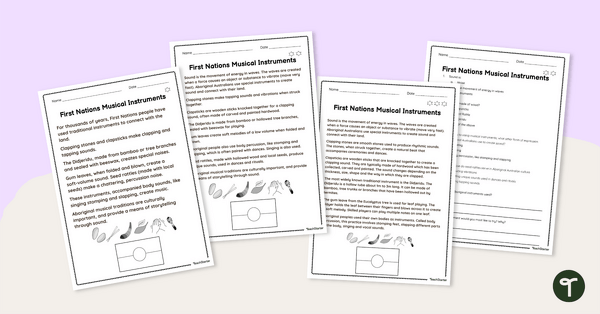
teaching resource
Sound Energy (First Nations Instruments) Comprehension Task
Use this read-and-respond task to help your Grade Two students learn about some traditional First Nations Australians musical instruments and their characteristic sounds.
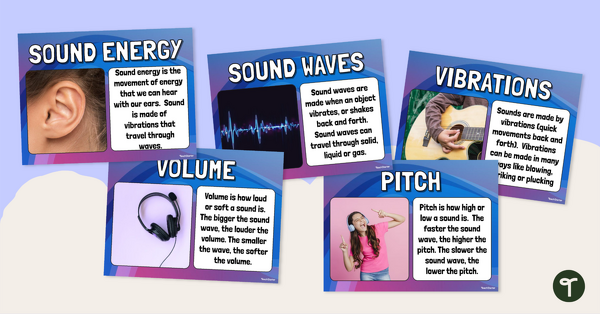
teaching resource
Sound Energy Poster Set
Display this set of 5 sound energy posters in your classroom to help students remember key information about this form of energy.
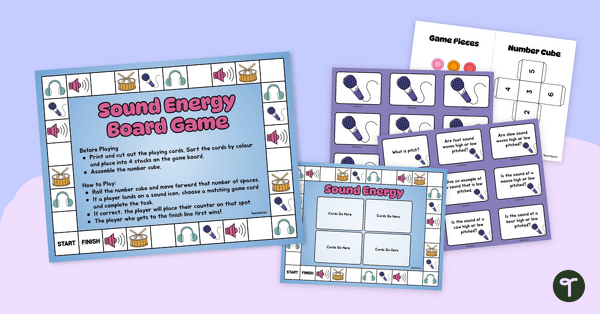
teaching resource
Sound Energy Board Game for Grade 2
Enable your students to practise identifying and describing sound energy sources with this fast-paced board game!
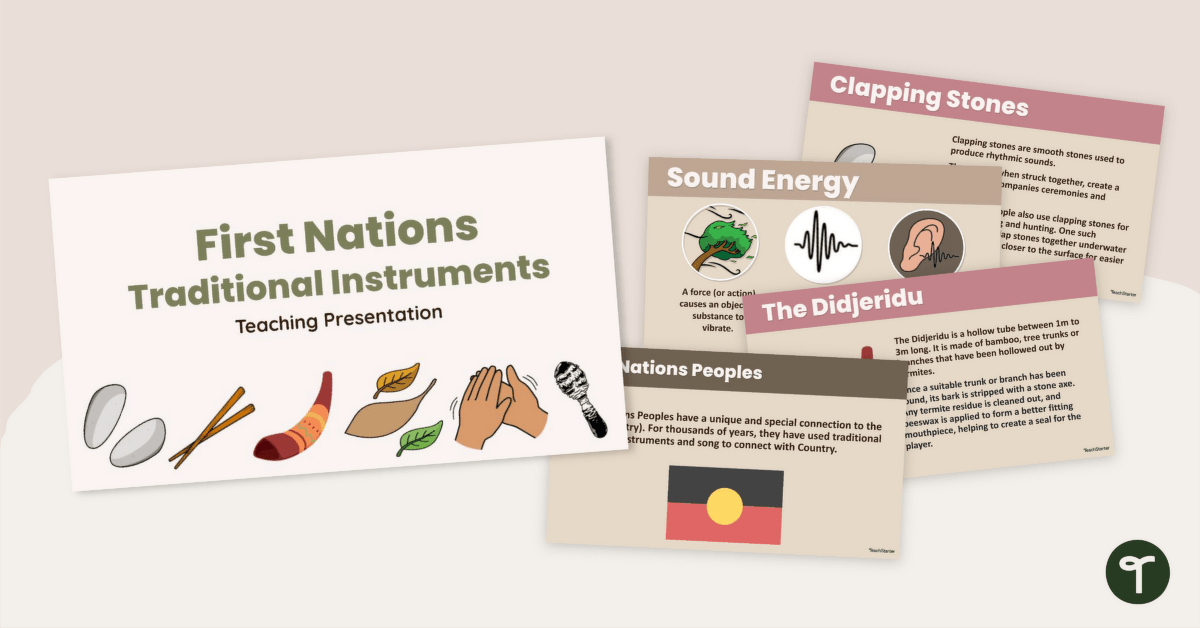

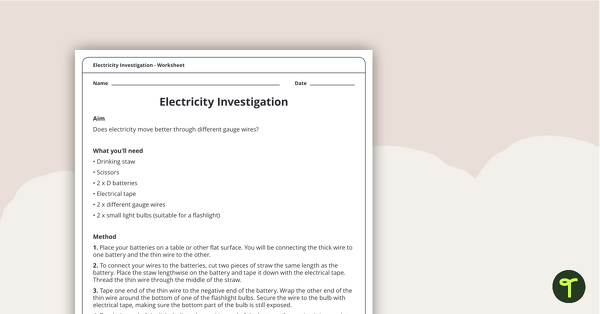
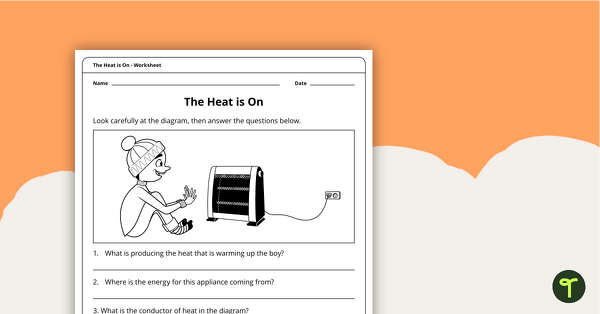
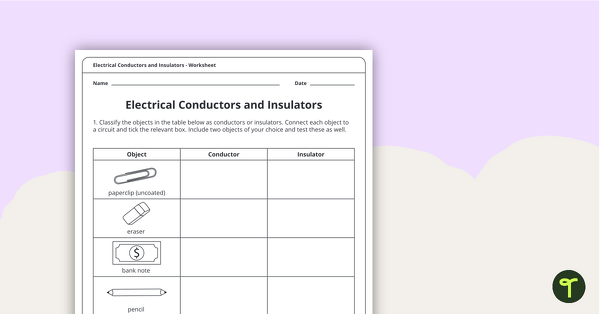
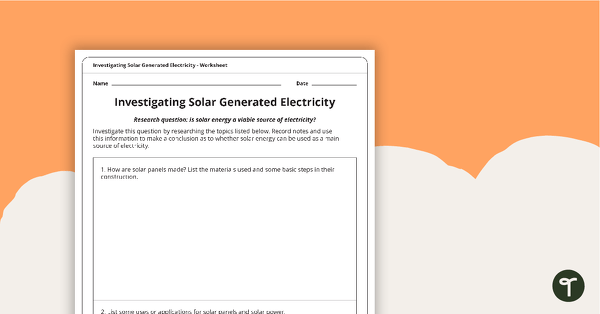
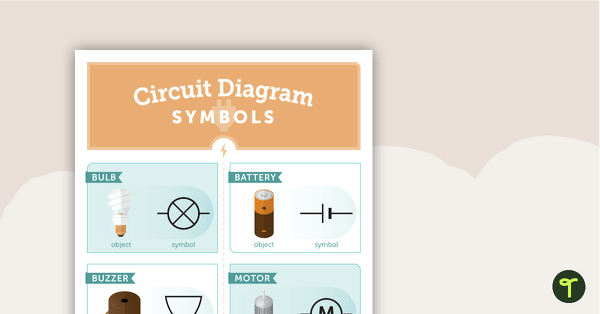
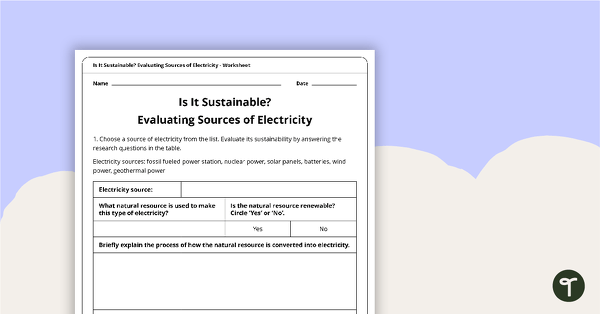
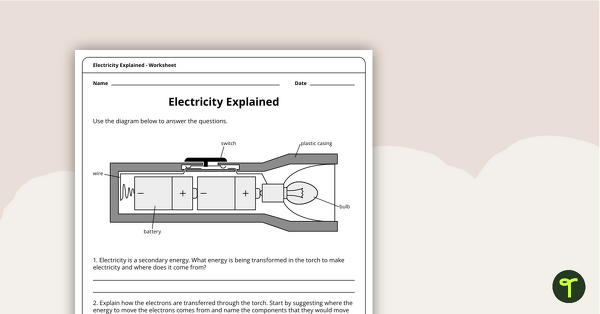
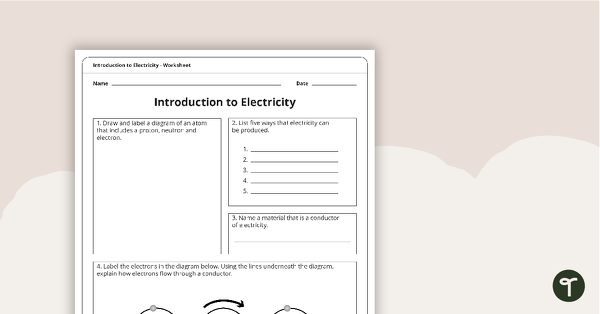
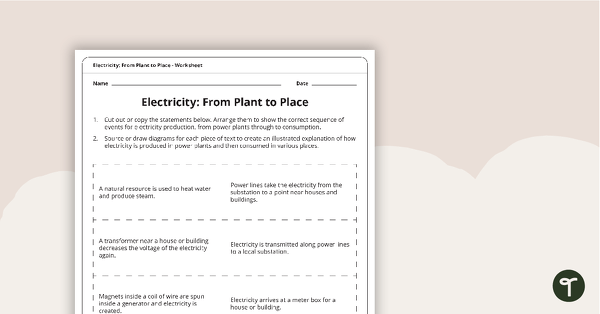
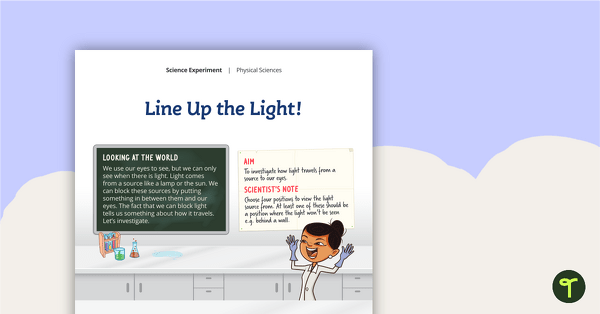
0 Comments
Write a review to help other teachers and parents like yourself. If you'd like to request a change to this resource, or report an error, select the corresponding tab above.